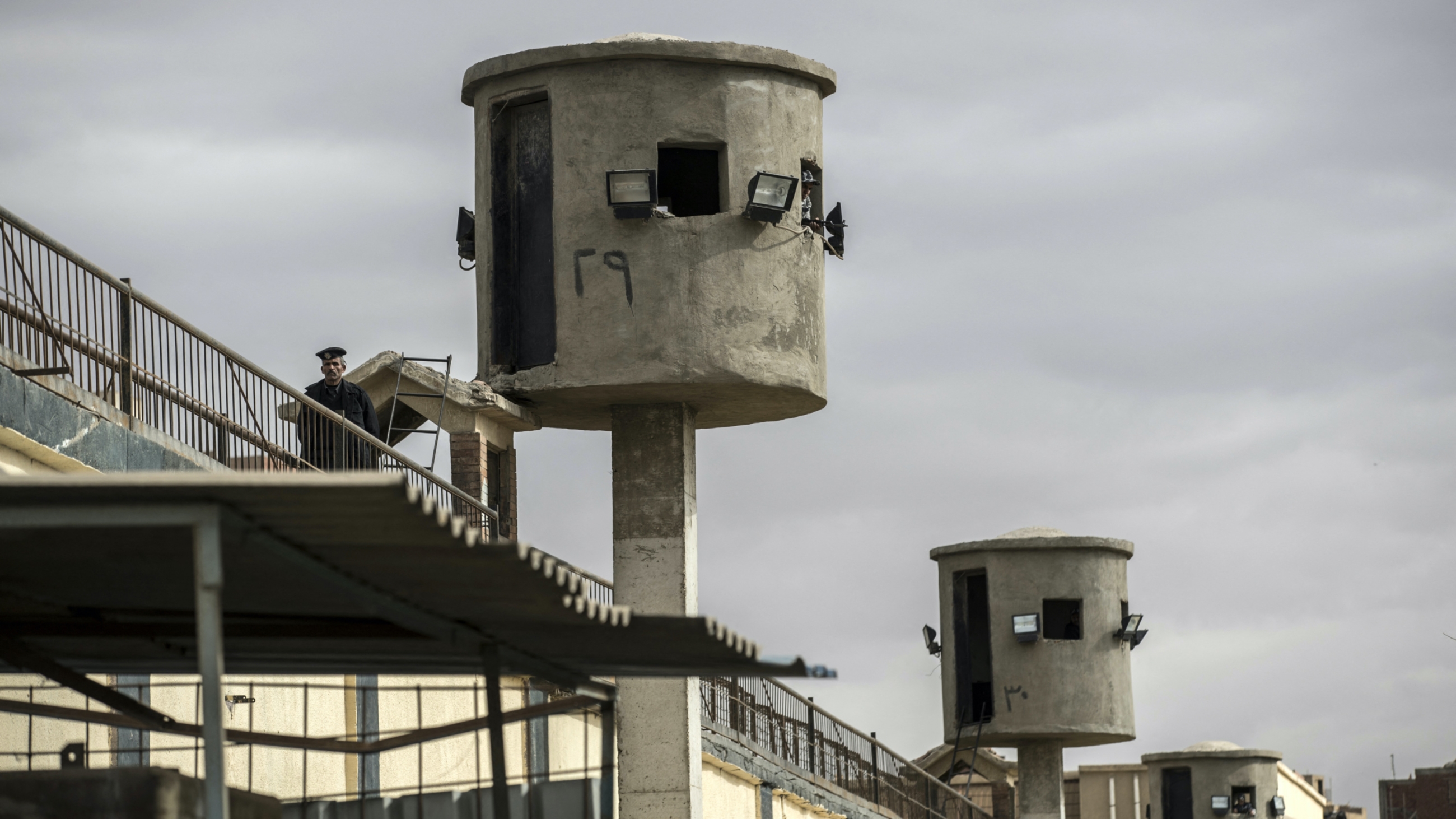Egypt empties Cairo's notorious Scorpion prison of detainees

Egyptian authorities have emptied Cairo's most notorious jail of its last prisoner for the first time since it opened in 1993, according to a London-based rights group.
Ahmed Attar, a researcher with the Egyptian Network for Human Rights, told Middle East Eye that the political prisoners on death row, including those connected to the Rabaa protests, were transferred from Maximum Security Prison 992 - known as Scorpion Prison, or al-Aqrab - to Badr prison.
Meanwhile, prisoners whose sentences were up for renewal were taken to Scorpion II prison.
Attar said the move comes amid reports that authorities are seeking to demolish the prison complex, along with others within the Tora prison complex, to use the land for future investment projects.
He added that Egypt took the decision earlier this year to empty some of its prisons and transfer the inmates to newly constructed prisons such Badr and Wadi Natrun.
Stay informed with MEE's newsletters
Sign up to get the latest alerts, insights and analysis, starting with Turkey Unpacked
"What they didn't publicly declare is what they are planning to do on these lands, especially that they are located in important regions south of Cairo," Attar said.
The government's plan includes moving the court complex in Tora to the Badr prison complex, located in a desert area, in the next couple of months, he said.
Inmates have long suffered from the notoriously inhumane conditions at Scorpion, with some describing it as "living in tombs," according to Human Rights Watch.
In December 2020, HRW reported that prisoners are almost completely deprived of adequate ventilation, electricity, hot water, and family and lawyer visits.
"I hope this is good news for the political prisoners and that their prison conditions will improve," Attar said.
At least 60,000 political prisoners are estimated to have been jailed since President Abdel Fattah el-Sisi overthrew Mohamed Morsi, the country's first democratically elected president, and took power in 2013.
Hundreds of people have perished in prison since Sisi's coup due to medical negligence and lack of an urgent care system when a detainee suffers a medical emergency, including Morsi and former MP Essam el-Erian.
The Geneva-based Committee for Justice documented the deaths of 51 prisoners as a result of denial of medical care in detention facilities during the first half of 2020, including 17 people who died of Covid-19.
Middle East Eye delivers independent and unrivalled coverage and analysis of the Middle East, North Africa and beyond. To learn more about republishing this content and the associated fees, please fill out this form. More about MEE can be found here.





